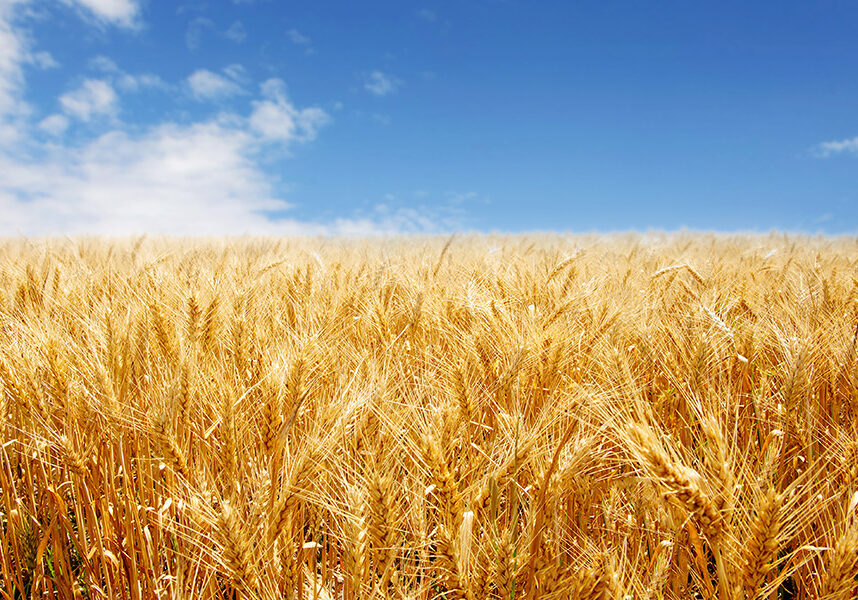WAWG: A legacy of advocacy
2025February 2025
By Jeff Malone
President, Washington Association of Wheat Growers

There’s an old saying around here that “it takes two to tango.” I’m sure most of you have heard it tossed around the coffee shop or used one way or another. In the Washington state wheat industry, it’s more accurate to say that it takes three to tango. Three organizations, the Washington Association of Wheat Growers (WAWG), the Washington Grain Commission (WGC), and the Washington Wheat Foundation (WWF), represent all of you in policy, advocacy, transportation, trade, marketing, and education, to name a few areas.
For the generation of farmers who survived the devastating years of the Great Depression, the need for an organization to advocate for their industry was apparent. Farm policy (the farm bill), crop insurance, and commonsense regulations were needed if agriculture as a whole was going to survive the coming years. Thus, in 1954, WAWG was formed to address these concerns for Washington wheat growers. In the following years, as international trade began to outpace domestic use, it was apparent that the future demanded an agency to address concerns there. In 1958, many of WAWG’s founding members formed the WGC. This group, which is voted in by farmers, is funded by assessment dollars and helps fund the other two industry organizations.
The relationship between WAWG, the WGC, and the WWF is one of collaboration and mutual support. While the WGC focuses on trade and market development, WAWG complements these efforts by addressing the policy side through lobbying and grower advocacy. For example, the WGC meets with international customers to showcase the quality and reliability of Washington wheat, while WAWG lobbies at the state and national levels to secure trade-friendly policies that enable growers to meet this demand. Together, the organizations work to address shared priorities, such as transportation funding and trade-friendly legislation. The WWF’s focus is on public education.
Beyond its legislative work, WAWG plays a crucial role in fostering community and industry connections. The association works closely with the WWF, particularly through the foundation’s ambassador program. This initiative uses high school seniors to educate the public about wheat production and highlight the importance of the industry to Washington’s economy.
Additionally, through publications like Wheat Life, WAWG keeps growers informed about legislative developments, industry trends, and association activities. This outreach ensures that growers stay connected and engaged in the broader efforts to advance their industry.
For over seven decades, WAWG has been a steadfast advocate for the state’s wheat growers. From its early days of forming the WGC to its ongoing efforts to secure trade-friendly policies, protect the lower Snake River dams, and lobby against unfavorable legislation, WAWG has proven its commitment to protecting and enhancing the industry. But the work is far from over. Continued support from wheat producers is essential to sustain WAWG’s efforts. As challenges evolve — whether in the form of new trade agreements, transportation issues, or environmental regulations — WAWG remains dedicated to ensuring that the voices of Washington’s wheat growers are heard loud and clear.












